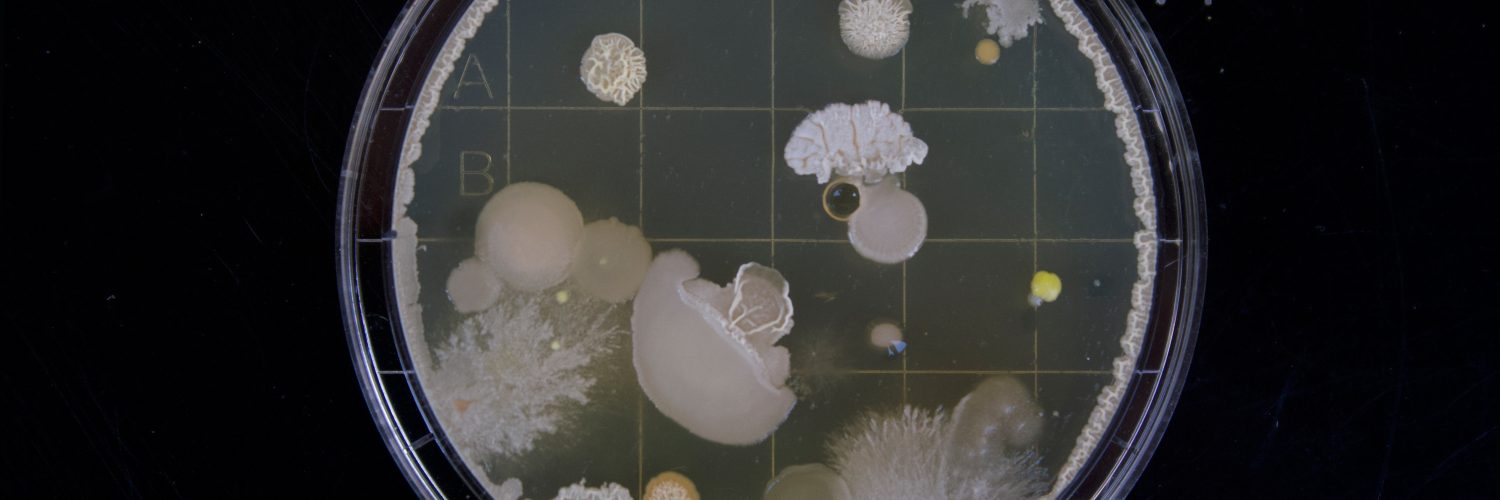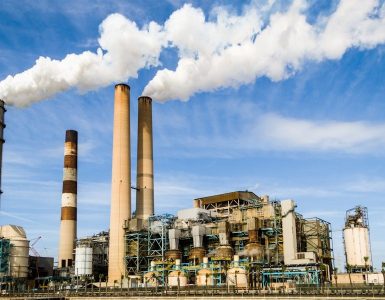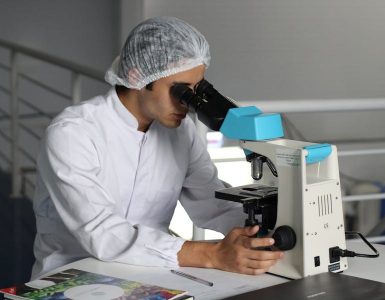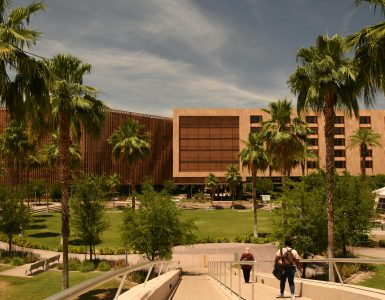One of the nation’s leading-edge cancer research and treatment centers, City of Hope, is planning to expand its cell therapy manufacturing operations to the Phoenix metropolitan area.
The California non-profit is joining with its Arizona affiliate and research partner, TGen, to develop a state-of-the-art facility to meet an urgent need to accelerate treatments and cures for cancer patients in Arizona, California, and across the country.
Most cell therapy manufacturing facilities are at capacity or over capacity because demand for clinical cell therapies is outpacing production. That demand is predicted to grow 42 percent annually over the next decade, according to Cell Therapy Manufacturing Market.
Phoenix is one of the most populous states lacking a manufacturing site. Cities like Philadelphia and Houston that have facilities host up to seven times more clinical trials per resident, according to data compiled by TGen and City of Hope.
The Phoenix facility would model City of Hope’s three plants in Duarte, California, that have produced well over 1,300 cell and gene therapy products and oncology drugs for cancer clinical trials.
Chimeric antigen receptor (CAR) T cells that have demonstrated cancer remission in blood cancers such as leukemia and lymphoma would be among the cells produced at the facility.
The global CAR T Cell therapy market is estimated to be valued at $295.1 million this year.
The Phoenix plant could also support cell therapy production needs of pharmaceutical and biotechnology companies that need this kind of specialized good manufacturing practices (GMP) capability to move clinical trial programs forward.
City of Hope has one of the most comprehensive chimeric antigen receptor CAR T cell therapy programs in the world with 16 ongoing clinical trials. Using this approach, immune cells are taken from a patient’s blood, reprogrammed to attack a specific protein in cancer cells, then reintroduced into the patient’s system where they work to destroy targeted tumor cells.
TGen physicians and scientists work to unravel the genetic components of both common and rare complex diseases including cancer, diabetes, neurological disorders and infectious diseases.
The two non-profit organizations teamed up in 2016 to complement each other in research and patient care.
“The road to future cancer cures requires genomic-enabled medicine and the type of immune-system enhancements that would result from this cell therapy manufacturing facility, which will provide local access to new treatments for Arizona patients,” said Dr. Jeffrey Trent, TGen president and research director. “City of Hope’s clinical and manufacturing expertise in immunotherapy is at the forefront of this field, and combined with TGen’s genomic testing, offers patients new hope for their future.”
While cell therapy manufacturing is in its infancy, breakthroughs are coming quickly and offer promising treatment for a tremendous range of therapies. The Federal Drug Administration has approved 16 cell and gene therapy products and is expected to approve up to 80 more.
Some cell therapy treatments are reducing the need for traditional cancer treatments like radiation and chemotherapy. With cancer expected to reach 24 million patients worldwide by 2035, it’s crucial for the industry to address next-generation technologies for cell therapy for commercial requirements in the future, industry experts say.
“This significant investment further enhances Arizona’s reputation as a hub for bioscience and health care innovation,” Arizona Governor Doug Ducey said. “Our state offers a strong concentration of talent ready to meet the needs of this facility. The work being conducted by City of Hope and TGen is critical in the fight against cancer, and Arizona is proud to play a role in it.”
















Add comment